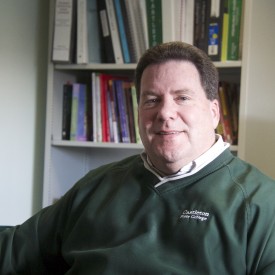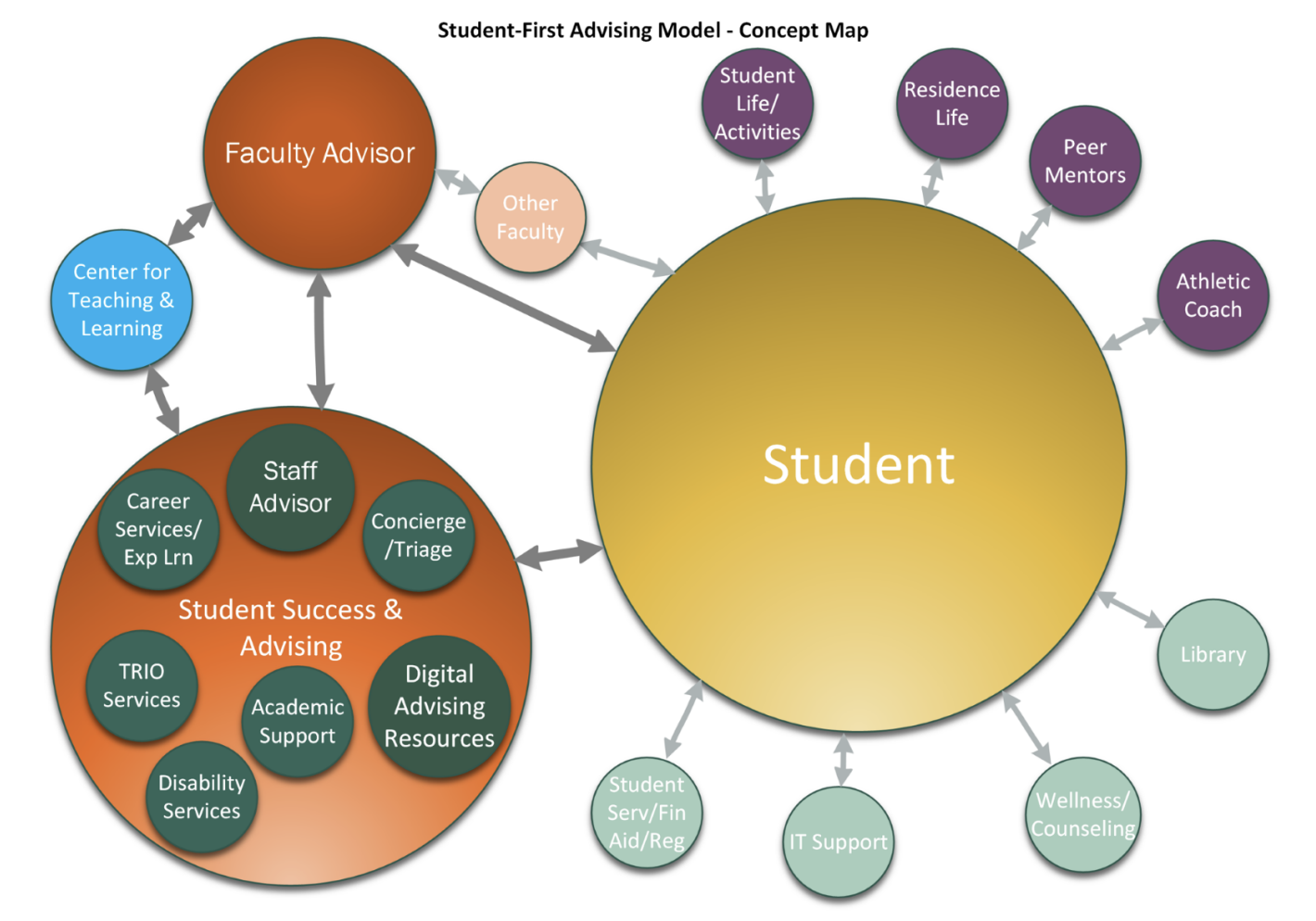You are probably aware that CU has a very active Disability Access Committee. As part of the work on Diversity, Equity and Inclusion across the CU experience, this committee would like to share some introductory thoughts on the language we use. Director of Education Ric Reardon, representing the committee, offered the following as an introduction to the subject. More to follow in the coming months.
 Director of Education, Ric Reardon
Director of Education, Ric Reardon
CU Faculty Members and Staff:
The Disabilities Access Committee “addresses access issues for all Castleton students and employees and provides a forum for addressing the needs of Castleton’s students and employees in a consistent, comprehensive way”.
We have recently been examining the kinds of language we use, or hear, related to persons with disabilities and wanted to share some information regarding “person-first language”, “Identity-first language” and “ableist language:”
Person first language– Respectful language that does not use the disability to describe the individual. It’s the difference between “He has autism” vs “he is autistic”- A disability does not define a person. To have autism implies a possession whereas is autistic implies an identity. It is less stigmatizing to use have than is.
Identity first language– The opposite of person-first language and what to avoid. In this language, “disability” and “disabled” are indicators of culture and identity as described above. People do not see disability or inability as a deficit. If you are not sure which to use, ask!!
Ableist language– Defines people with disabilities as inferior to those without disabilities- These are ideas, assumptions, stereotypes, attitudes, practices, physical barriers, larger scale oppression. Oftentimes unintentional in casual language; most people completely unaware of the impact of their words/actions. Examples- “lame,” “retarded,” “blind,” “deaf,” “idiot (moron, imbecile),” “nuts,” “psycho.”




[…] Using Person-First Language from Director of Education Ric Reardon […]